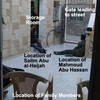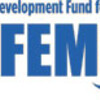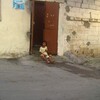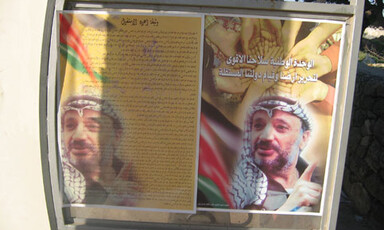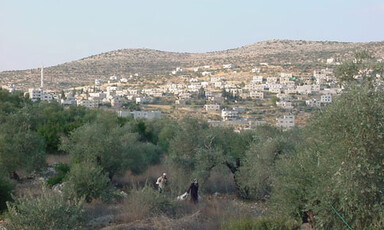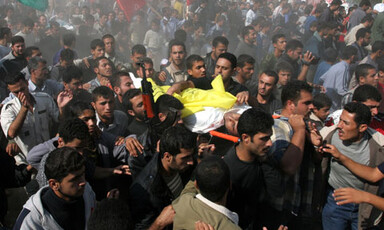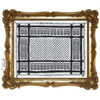
In Beit Lahia, 2 women killed in an armed clan dispute
15 November 2006
On Monday, 13 November 2006, two women from Juha clan were killed and a child from the same clan was injured by gunmen in the town of Beit Lahia in the north of the Gaza Strip, in yet another incident of security chaos. PCHR’s preliminary investigation indicates that at approximately 16:30 on Monday, three gunmen got out of a car and stormed the house of Zeinat Faris Juha (45) located near the compound of the Preventive Security Apparatus in the Mansheyya area in Beit Lahia. At gunpoint, the gunmen requested that the woman accompany them. The household confronted the gunmen, who fired at the people in the house, and fled. Read more about In Beit Lahia, 2 women killed in an armed clan dispute
